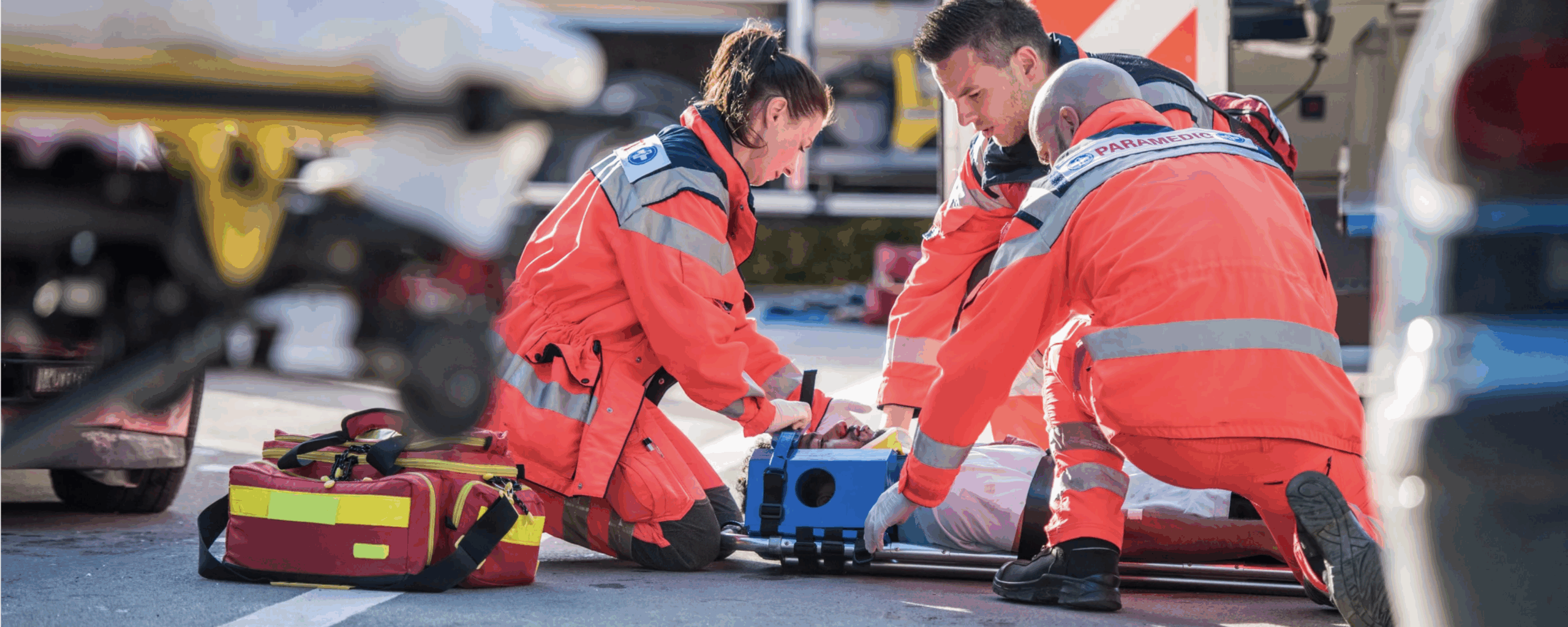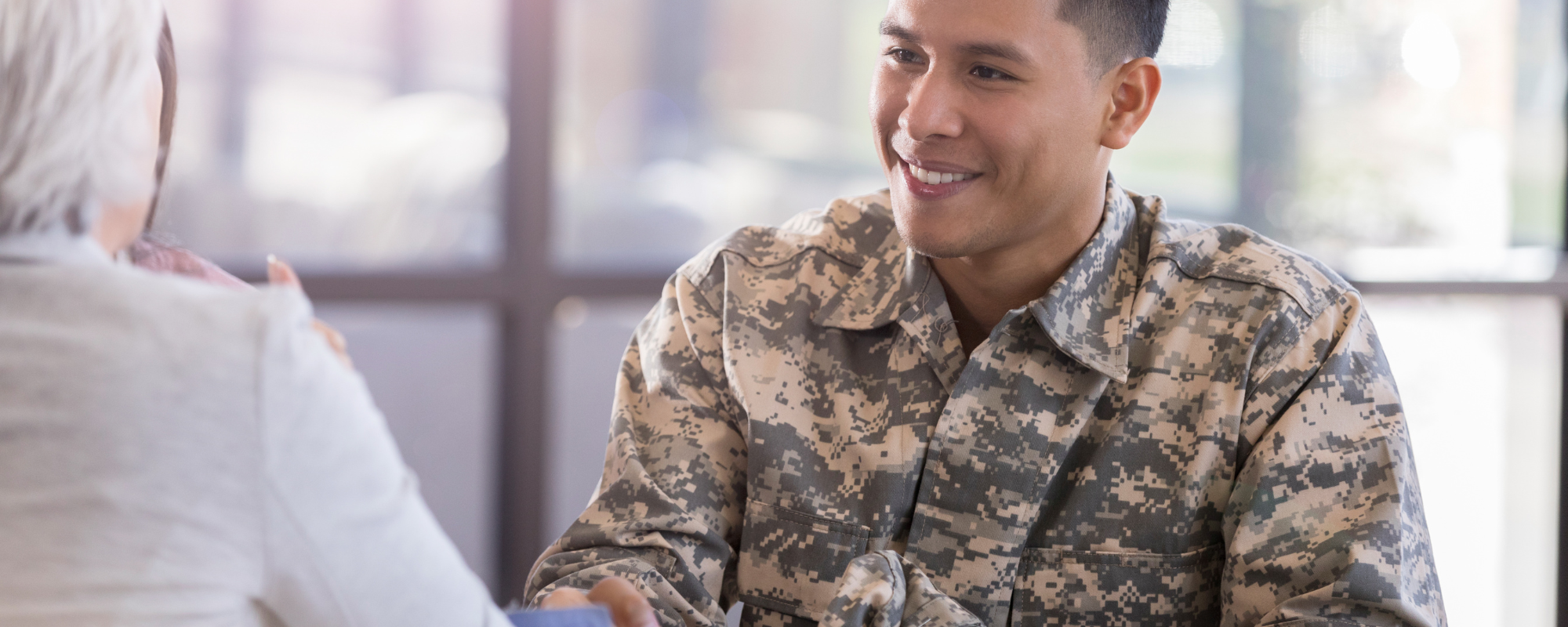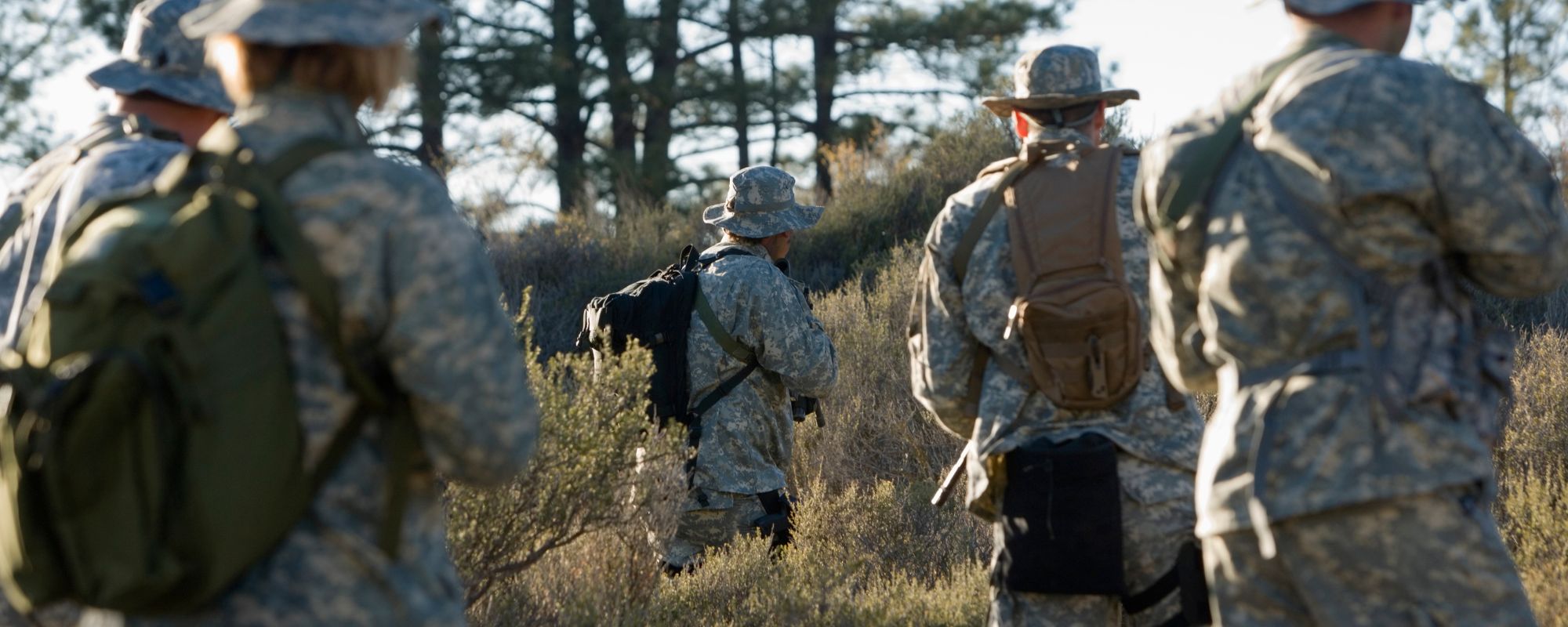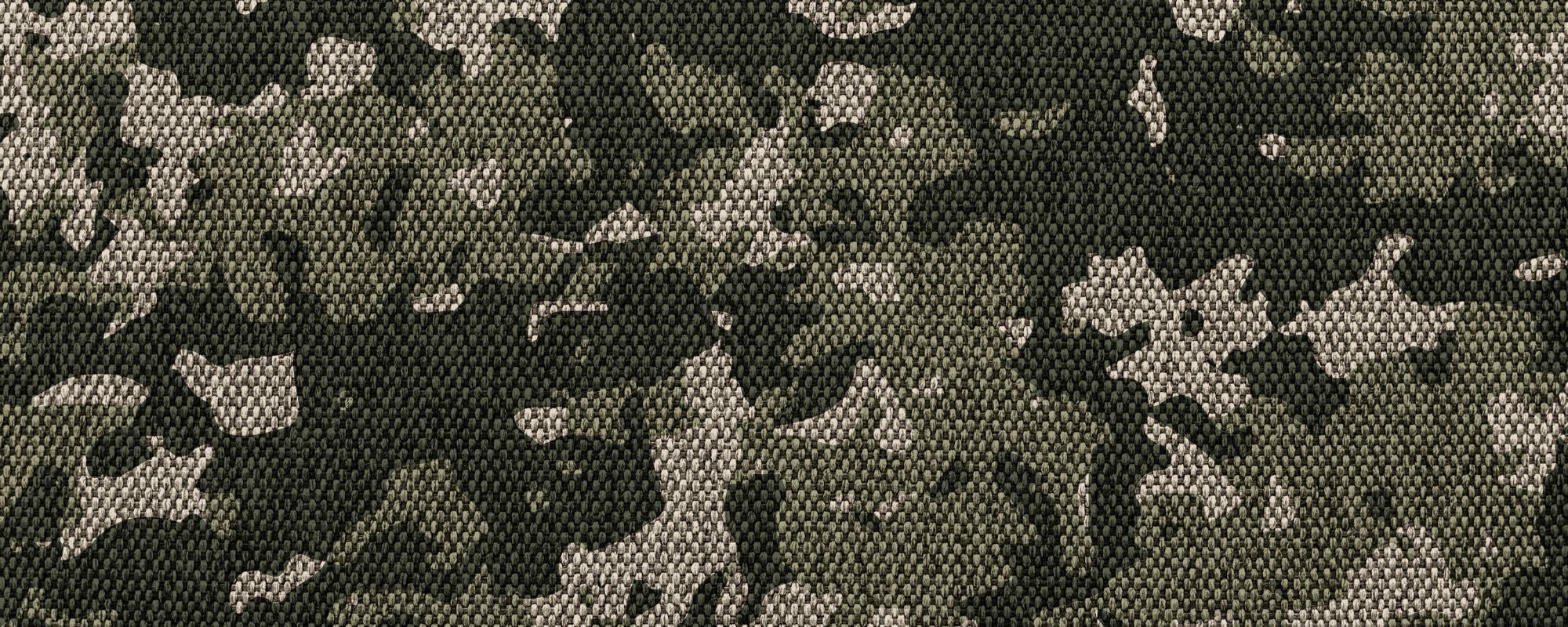When people see the First Responder Flag flying high over firehouses, police departments, or EMS stations, they often feel a surge of pride and gratitude. The flag stands as a powerful symbol, honoring the courage, commitment, and sacrifice of those who run toward danger while others seek safety. But behind the symbolism lies a deeper story that isn’t always visible: the mental health challenges and addiction struggles many first responders face in silence.
At Aliya Veterans, we believe true respect means recognizing both the visible and invisible burdens carried by our heroes. Understanding what the First Responder Flag represents — and the emotional toll that often comes with service — is a critical step toward healing. It’s time to go beyond flying flags. It’s time to stand up for the people behind them. If you or a loved one needs help, reach out to Aliya Veterans today. Let us help you reclaim your strength, reconnect with purpose, and find lasting recovery.
The Meaning Behind the First Responder Flag
The First Responder Flag is a unifying tribute to America’s emergency service professionals. While there are variations, the most common flag displays a black-and-white American flag background with colored stripes, each one symbolizing a different group:
- Thin Red Line – Firefighters
- Thin Blue Line – Law Enforcement
- Thin White or Gold Line – EMS and Paramedics
- Other Colors (e.g., green for federal agents, orange for dispatchers) may also appear.
These stripes aren’t just about job titles — they represent a lifeline and the risks taken every day to protect others. But while we recognize their service in public, the private aftermath of trauma often goes unnoticed.
The Hidden Battle: PTSD and Addiction in First Responders
Behind every emergency call, violent scene, or fire rescue is a human being absorbing the weight of trauma. Studies show that first responders are significantly more likely to suffer from post-traumatic stress disorder (PTSD), depression, anxiety, and substance use disorders than the general population.
- Police officers often witness violence, death, and moral conflict.
- Firefighters endure life-threatening conditions and constant stress.
- Paramedics and EMTs face medical trauma, high-stakes decision-making, and emotional exhaustion.
These experiences don’t always fade with time. Instead, they can lead to chronic stress, nightmares, emotional numbing, panic attacks, or a reliance on alcohol or drugs to cope. And because the culture of first response often emphasizes strength and stoicism, many suffer in silence.
Get confidential help from our addiction and mental health treatment facilities located across the United States. Call to join one of our quality programs today!
Speak With Our Admissions TeamWhy Mental Health Awareness Matters
Flying the First Responder Flag should mean more than honoring bravery — it should also reflect our commitment to supporting mental health and addiction recovery in the first responder community. Awareness reduces stigma, encourages treatment, and saves lives.
At Aliya Veterans, we recognize that healing requires more than talk — it requires understanding, trust, and specialized care. Our treatment programs for first responders are designed with the unique needs and experiences of this population in mind.
How Aliya Veterans Supports First Responders
Aliya Veterans offers trauma-informed, peer-sensitive treatment for first responders facing PTSD, substance use disorders, and co-occurring mental health issues. Our programs are staffed by professionals who understand the high-stress nature of emergency service work, including clinicians with first responder backgrounds.
Our services include:
- PTSD treatment through evidence-based therapies like EMDR, CBT, and DBT
- Addiction treatment programs tailored for first responders
- Group therapy with peers from similar backgrounds
- Medication-assisted treatment (MAT) when appropriate
- Family support and reintegration services
- Aftercare and relapse prevention planning
Whether it’s a firefighter struggling with alcoholism after years of exposure to traumatic events or a paramedic coping with panic attacks and burnout, we provide a safe space for healing and growth.
Looking for quality treatment for substance abuse and mental health that’s also affordable? Aliya Veterans treatment facilities accept most major insurance providers. Get a free insurance benefits check now!
Check Your CoverageBecause You Deserve Trauma Support and Recovery
The First Responder Flag reminds us of the sacrifices made by our nation’s heroes, but we must also remember their humanity. PTSD, addiction, and mental health struggles don’t make someone weak. They make someone human.
If you or someone you love is a first responder battling trauma, addiction, or mental illness, know that help is available, and healing is possible. At Aliya Veterans, we’re here to serve the ones who have always served us.
About Aliya Veterans First Responder Program for PTSD
True honor means ensuring our responders and veterans get the help they need. From the first Betsy Ross flag to today’s USA flags of all sizes, remember that behind each flag is a story — and sometimes, a silent battle.
At Aliya Veterans, we honor all branches of service — from local police and fire department heroes to veterans of the Marine Corps, Air Force, Space Force, and Coast Guard — by offering trauma-informed care that goes beyond symbolism. Our programs serve first responders and veterans from all across the U.S. and our nationwide network means you’re never far from treatment. No matter what state or territory your residential flagpoles are in, your struggle is valid — and your healing matters. Call us today.














